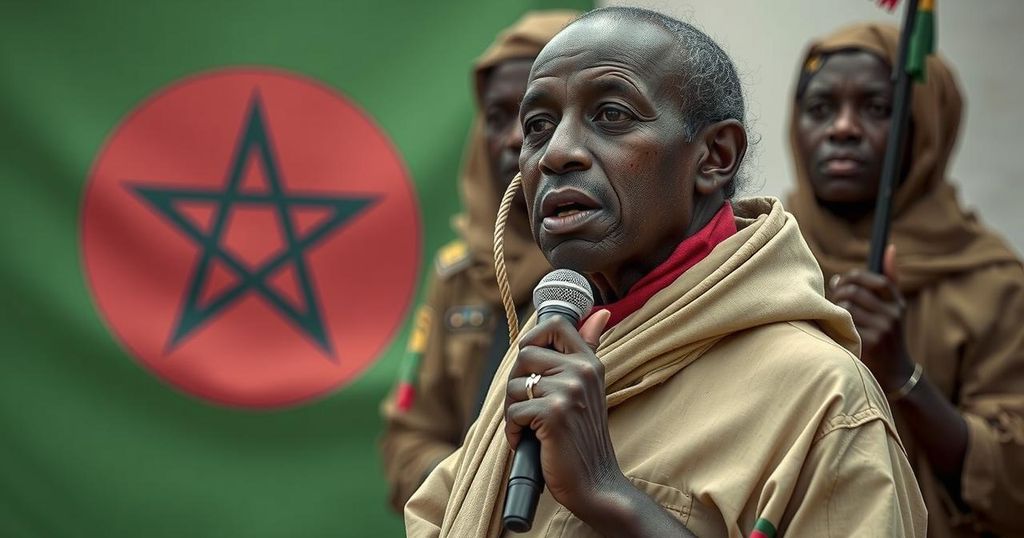Ethiopia has accused Somaliland of fueling clan conflicts within its territory, particularly following deadly clashes in the Jigjiga region. Somalian officials assert that troops from Somaliland engaged in the skirmishes, leading to fatalities among civilians and police. Regional officials are pushing for peaceful resolutions while calling for the withdrawal of Somaliland troops. The situation raises concerns about the stability along the border and the future of bilateral relations.
Ethiopia has formally accused Somaliland of contributing to clan conflicts within its borders, particularly in the Jigjiga region. Recent clashes between Somali clans in the Yoale kebele have resulted in significant fatalities, including the security commander of Harshin woreda. Ethiopian officials allege that Somaliland troops were involved in these confrontations, despite the latter’s claim that the armed individuals were not government-affiliated but were engaged in independent clan defense.
As tensions escalated due to disputes over grazing land, local sources reported serious violence, with estimates of approximately 50 civilian deaths and injuries, alongside about 30 police casualties. These developments led to a meeting on December 26 between Ethiopian and Somaliland security officials, aiming to address and de-escalate the conflict. Regional leadership stressed the necessity for peaceful resolutions to clan disputes and highlighted evidence suggesting Somaliland military involvement in the clashes.
Despite formal assertions from Somaliland regarding the nature of the armed personnel, Ethiopian officials contend that evidence implies connections to the Somaliland army. This incident has raised alarm bells about the state of security along the border, prompting calls for withdrawal of foreign troops from Ethiopian territory. Regional discussions indicated a desire to navigate these tensions peacefully while preserving the integrity and safety of the area.
The current situation derives from ongoing tribal disputes in the Somali region of Ethiopia, specifically along the border with Somaliland. The conflict has been aggravated by competing claims over access to grazing land, a critical resource for the local clans. This incident marks a significant deterioration in the usually peaceful relations between Ethiopia and Somaliland, particularly after Somaliland’s declaration of independence in 1991, which has traditionally fostered a stable neighborly relationship. The involvement of the Somaliland security apparatus in Ethiopian internal conflicts marks a critical turning point and raises concerns about regional stability. Historically, both sides have cooperated on various agreements, including military arrangements meant to bolster security. However, the recent events suggest a shift in this dynamic, casting shadows over future collaborations.
In summary, Ethiopia’s accusations against Somaliland highlight the escalating tension resulting from clan conflicts along their shared border. Despite claims from Somaliland about the detachment of armed groups, Ethiopian officials contend that military involvement is evident. As regional leaders seek diplomatic resolutions to these disputes, the stability of the Somali region hangs in the balance. The situation underscores the complexity of clan dynamics in the area and the potential for broader geopolitical implications if not adequately addressed.
Original Source: capitalethiopia.com






